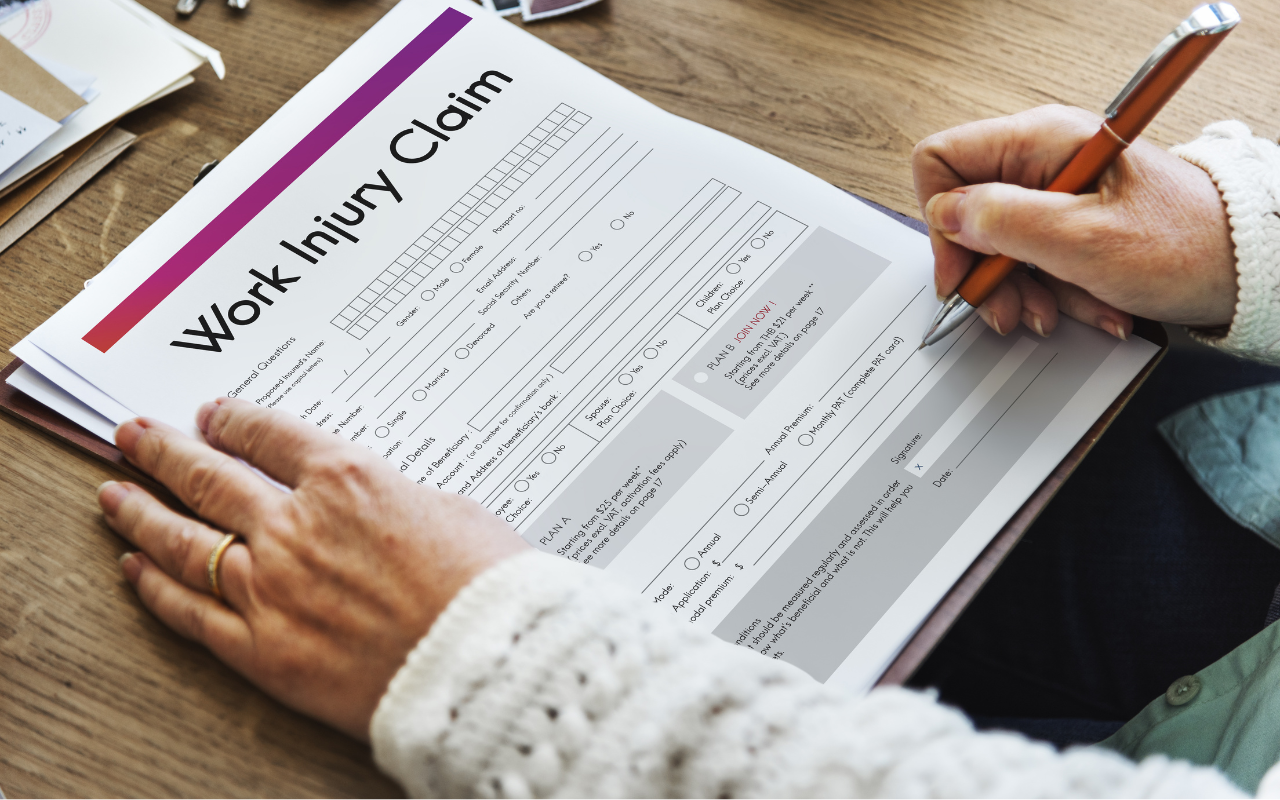Recent changes to WorkCover in Victoria have raised the ire of unions and criticism from psychologists.
A two-year review of the WorkCover scheme in Victoria led to its state government labelling it “fundamentally broken” and “not fit for purpose” last year. A number of significant changes were created in its wake, including limits on compensation for mental health injuries that were introduced in March this year.
These include changes to the way patients are assessed and reviewed by GPs and other medical professionals, as well as a freeze or cap on insurance premiums, having spent years losing billions of dollars in its insurance operations.
Key changes include:
- Redefining mental injury: mental injury now refers to significant behavioural, cognitive, or psychological dysfunction diagnosed by a medical practitioner according to the Diagnostic statistical manual of mental disorders (DSM).
- Amended eligibility criteria: mental injuries must meet the new definition to qualify for compensation.
- Employment contribution to injury: employment must be the single greatest cause for compensation eligibility in primary mental injury claims.
- Exclusion for stress and burnout: compensation is not granted for mental injuries primarily caused by stress and burnout from usual work events, except in cases of bullying, harassment or exposure to traumatic events.

There’s also a new requirement for continued weekly payments after 130 weeks. Workers must have a whole person impairment of 21% or more, in addition to the existing work capacity tests. However, if workers are no longer entitled to weekly payments after 130 weeks, they can continue to access additional support, including occupational rehabilitation, to help them return to work.
Workers will also continue to receive up to 13 weeks of provisional payments for mental health treatment and support services to identify and address any barriers to return to their workplace.
“In recent years, there has been a significant increase in workplace injury claims related to mental health injuries, with injured workers staying on the scheme for longer periods,” said Jason Lardelli, the Executive Director of Return to Work Victoria, in an interview with InSight+.
“As a result, changes were necessary to ensure the scheme can continue to support workers, meet its claims liabilities, and improve return-to-work outcomes for injured workers,” he said.
Unions say the changes are unfair to workers and hinder them from accessing the help they need.
“It’s to stop workers with a mental injury who suffered stress or overwork entering the scheme and to kick workers off after 130 weeks,” said Luke Hilikari, the Secretary of the Victorian Trades Hall Council.
He said people could find it difficult to access employment benefits or National Disability Insurance Scheme (NDIS) or a disability pension after 130 weeks and could end up using up their superannuation.
Return to Work Victoria disagrees and told InSight+ support will still be available for those who don’t qualify under this rule.
“Workers no longer entitled to weekly payments after 130 weeks can access additional support to give them the best chance to return to employment,” Mr Lardelli said.
“This can include psychosocial supports, training or connecting the worker with suitable employment opportunities,” he said.
Concerns have also been raised about the added pressure to already stretched GPs and medical professionals, with calls for a multidisciplinary approach to assessments and supports.
Dr Katrina Norris, Director of the Australian Association of Psychologists, said the eligibility requirements for mental injury claims are not in line with national standards or best practice for occupational health and safety, nor are they aligned with current mental health assessment and treatment standards.
She also said it places a higher burden on GPs.
“Under Victoria’s WorkCover, a psychological diagnosis needs to be provided by a medical practitioner (GP or other medical doctor). The new requirement is for the doctor to provide this diagnosis within 28 days of the claim being lodged,” Dr Norris said.
“This places a higher burden on GPs as the initial treating doctor to assess and accurately diagnose their patient in a short period of time, while also coordinating more appropriate and focused treatment; or to refer on to a psychiatrist with availability (a rare find in the current climate).”
She argues for a greater role for psychologists.
“A solution would be a collaborative, multidisciplinary approach that allows the primary treating party to engage those they believe to be best placed to assess, diagnose and support the individual.”
Return to Work Victoria told InSight+ that while only a GP or psychiatrist can provide a diagnosis of a mental injury, in practice, GPs will often refer to a psychologist who is trained in diagnosing in accordance with the DSM to provide a recommendation on diagnosis, which they can then review and make a formal diagnosis.
Dr Norris has also warned against removing work-related stress and burnout as a cause of psychological injury.
“Individuals who are suffering under these circumstances can only access support through other mental health systems. Some will be reluctant to do so, due to cost difficulties, ineligibility for other subsidies (such as Medicare), or long waitlists,” Dr Norris said.
But Return to Work Victoria said there are circumstances where workers suffering from burnout or stress will still be eligible.
“Some workers might be regularly exposed to traumatic events as part of their normal work,” Executive Director Jason Lardelli said.
“If these workers have a primary mental injury that meets the new definition, and their stress or burnout was ‘predominantly’ caused by traumatic events that are considered typical or normal in their work, they will remain eligible for compensation,” he said.
Other states and territories are facing similar challenges with their workers compensation schemes and will be watching the Victorian reforms closely according to Mr Lardelli.
“How the Victorian reforms introduction and operationalisation unfolds so learnings can be gained, especially surrounding the mental injury definitions and how mental injury ‘predominance’ in the workplace is determined.”
Subscribe to the free InSight+ weekly newsletter here. It is available to all readers, not just registered medical practitioners.

 more_vert
more_vert
Are these changes applicable to claims commenced prior to the date the changes came into affect?
There is a huge fundamental flaw in the assessment of WPI after 130 weeks. This is based on I think the AMA standard of assessment and in this assessment pain/chronic pain is not included or considered. If your workplace injuries left you with a chronic pain condition you can not even be assessed. Make it make sense!
I don’t see increased GP stress in this.